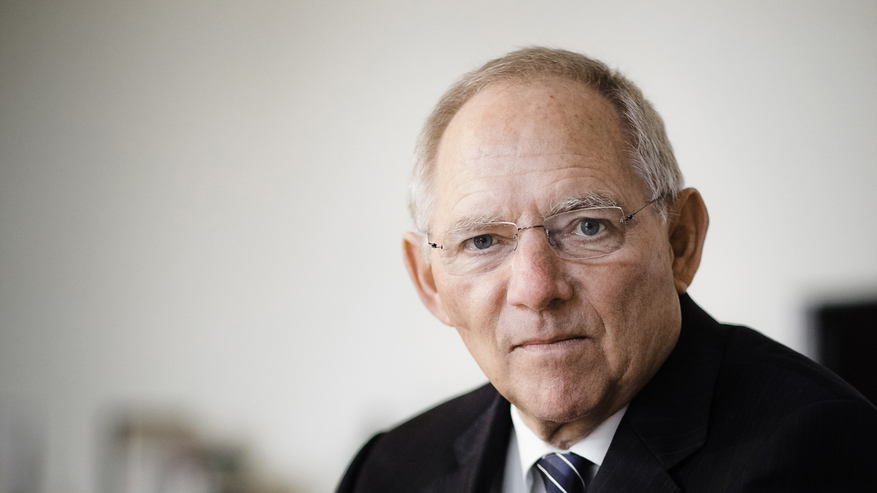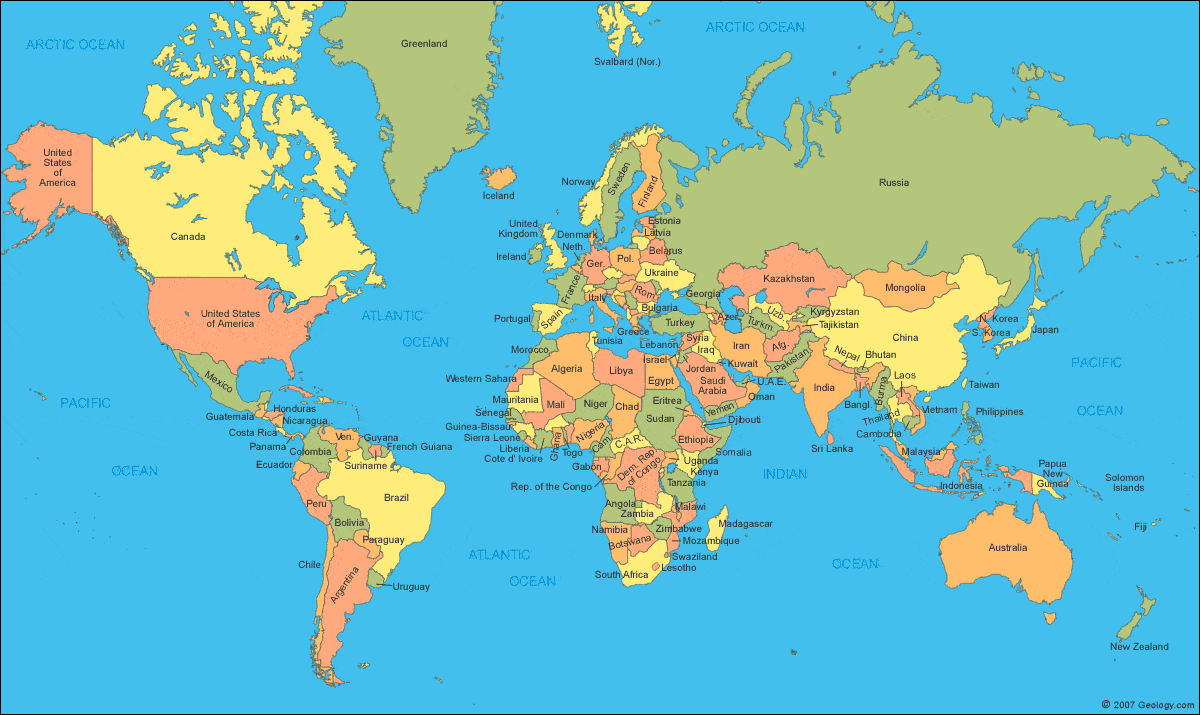New Bubbles – German FM
October 10, 2017 | Expert Insights

Germany’s outgoing Federal Minister of Finance, Wolfgang Schäuble, has warned of the possibility of yet another financial crisis, similar to the one that resulted in global recession in 2008.
The pro – European politician led Europes’s largest economy through the financial crisis in 2008 and the years of decline that followed. The New York Times has named him the “architect of austerity”.
Background
Historically, the Great Depression is considered one of the worst global recessions to have taken place in modern times. It was a worldwide economic depression that took place mostly during the 1930s having originated in the United States. The timing of the Great Depression varied across nations; in most countries it started in 1929 and lasted until 1941. It kick started in 1929, after stocks in Wall Street began to fall significantly. International trade reduced by 50% and unemployment rose. In the US, there was 25% unemployment and it was 33% in certain other countries affected by the recession.
Post the September 11, 2001 attacks, the US Federal Reserve stimulated the struggling U.S. economy by cutting interest rates to historically low levels. This resulted in a boom in the real estate market. Lenders began to extend mortgages to millions who couldn’t qualify for traditional bank loans. Housing prices therefore peaked in early 2006 and began to decline in 2006 and 2007. Many of the subprime mortgages were affordable in the beginning but rates spiked in 2007. In the meltdown that occurred in the wake of this crisis, several banks in Wall Street had to declare bankruptcies and a global recession followed. It is considered one of the worst financial crises.

Analysis
Wolfgang Schäuble is a German politician. He belongs to the ruling Christian Democratic Union (CDU) party. He has been the nation’s Federal Minister of Finance since 2009. He served in German Chancellor Angela Merkel’s second and third cabinets. He will be leaving his position in October. He is moving onto to becoming the Speaker of the German Bundestag.
Schäuble sat down for a wide-ranging interview with the Financial Times recently. He said there is increasing fear among economists that the world is heading toward another financial crisis, similar to the one that took place in 2008. It was mainly due to growing global debt. He said, “Economists all over the world are concerned about the increased risks arising from the accumulation of more and more liquidity and the growth of public and private debt... I myself am concerned about this, too.”
He further warned about the state of EU member states adding, “Think of the bank balance sheets in many EU member states. We have to ensure that we will be resilient enough if we ever face a new economic crisis - we won't always have such positive economic times as we have now... And we will have to work on this all the time.” He additionally noted, “We have to ensure that we will be resilient enough if we ever face a new economic crisis. We won’t always have such positive economic times as we have now.”
Experts have begun warning of a crisis emerging in Asia as well originating from China. In the recent millions of Chinese residents have taken in loans and mortgages to lead a middle-class lifestyle. This has resulted in a big rush in buying real estate. Many having taken loans and mortgages that are well beyond their means. There are fears of a mortgage bubble in the country as well.
Assessment
Our assessment is that it would be prudent for governments across the world to heed the warnings by experts. One of the reasons the 2008 crisis caused widespread damage is because many governments were caught unaware when the stock market crashed and did not have contingencies in place to counter the crisis. Wolfgang Schäuble is among the many experts sounding the alarm – the world should be listening. It is equally important to note that the IMF Managing Director Christine Lagarde has also warned about the risk of rising debt levels. We feel that the Indian government could consider the advice of the European expert when embarking on the massive fiscal stimuli.








Comments